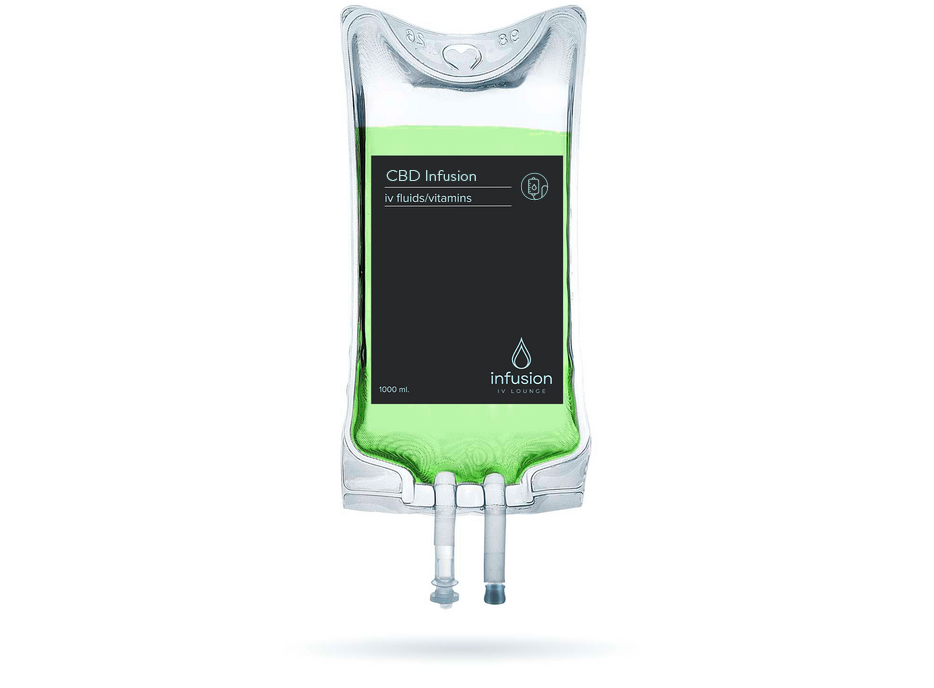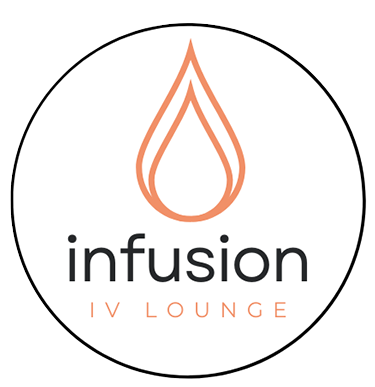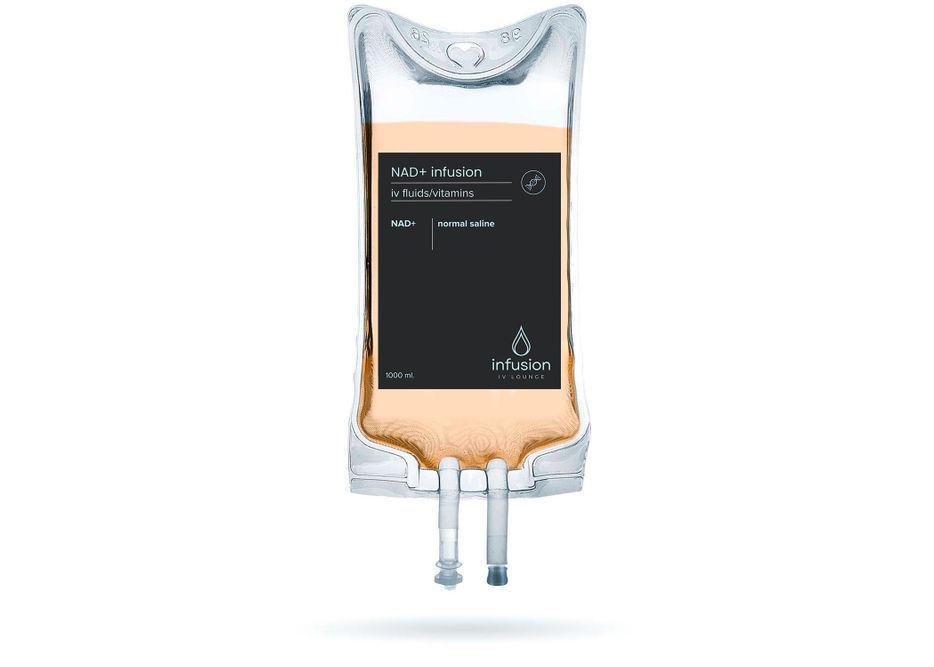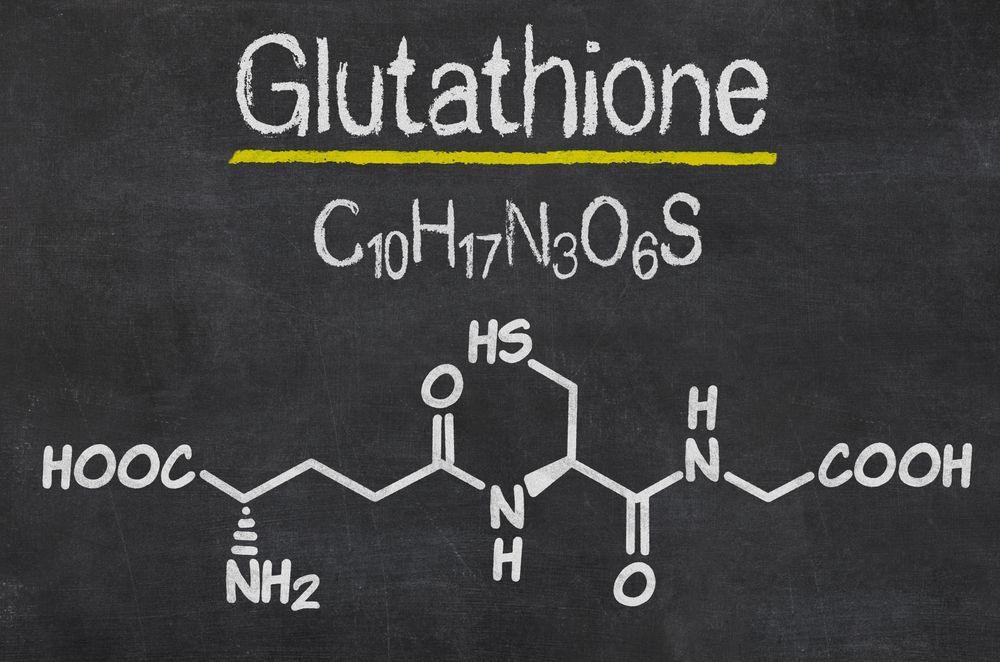How to Beat Brain Fog: Essential Tips for Mental Clarity
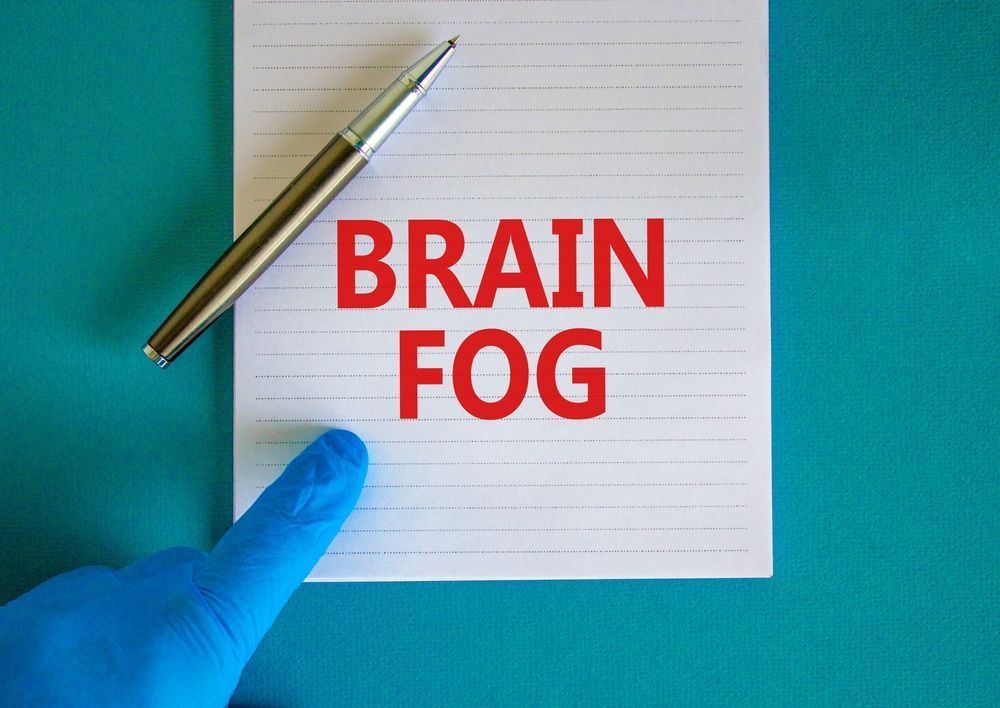
Understanding Brain Fog
Defining Brain Fog
Brain fog is a common term used to describe a temporary state of mental cloudiness or reduced cognitive function. It is not a medical diagnosis but rather a symptom that can arise from various underlying factors. People experiencing brain fog often report feelings of confusion, lack of focus, and a general difficulty in thinking clearly.
This phenomenon is often described as a mental haze that can make decision-making, memory recall, and concentration feel cumbersome. While everyone may experience a bit of brain fog from time to time, ongoing issues can significantly impact daily life and productivity. It can feel as though you are moving through a thick fog, where thoughts are obscured and clarity is just out of reach. This can lead to feelings of frustration and helplessness, especially when tasks that once felt manageable become overwhelming.
Common Symptoms of Brain Fog
The symptoms of brain fog can vary from person to person but most commonly include:
- Difficulty concentrating
- Forgetfulness
- Mental fatigue
- Confusion
- Difficulty processing information
These symptoms can occur simultaneously or at different times throughout your day, often leading to frustration and reduced efficiency in daily tasks. For instance, you might find yourself staring blankly at a document, unable to recall the information you just read, or struggling to follow a conversation. This cognitive sluggishness can not only affect personal productivity but can also strain relationships, as others may misinterpret your distraction as disinterest or disengagement.
Potential Causes of Brain Fog
Several factors can contribute to the onset of brain fog. Some of the most common causes include:
- Poor sleep quality
- Unhealthy dietary choices
- Chronic stress
- Medical conditions such as hypothyroidism or fibromyalgia
- Certain medications
Understanding these causes can be the first step towards alleviating symptoms and taking control of your mental clarity. For example, inadequate sleep can disrupt the brain's ability to function optimally, leading to a cascade of cognitive impairments. Similarly, a diet lacking in essential nutrients can deprive the brain of the fuel it needs to operate effectively, resulting in sluggishness and mental fatigue. Chronic stress, on the other hand, can create a cycle of anxiety and distraction that further exacerbates brain fog, making it crucial to develop effective stress management techniques. Additionally, certain medical conditions and medications can alter neurotransmitter levels, impacting cognitive function and contributing to the foggy feeling. Recognizing these potential triggers is essential for anyone seeking to regain their mental sharpness.
The Impact of Brain Fog on Daily Life
Cognitive Effects of Brain Fog
Brain fog significantly impacts cognitive performance. Tasks that require mental agility, such as problem-solving or critical thinking, become challenging. This can lead to errors in judgment, slower response times, and an overall decline in productivity at work or in academic settings.
Moreover, brain fog can create a vicious cycle; difficulties in cognitive function can result in frustration, which, in turn, can exacerbate stress and mental fatigue.
Emotional Consequences of Brain Fog
Beyond cognitive effects, emotional repercussions can also arise from persistent brain fog. Individuals may experience irritability, anxiety, or even bouts of depression as a result of feeling mentally unwell. These emotional challenges can further complicate personal relationships and reduce overall life satisfaction.
Recognizing the emotional impact of brain fog is essential, as it encourages individuals to seek effective coping strategies or professional help.
Dietary Changes to Improve Mental Clarity
Foods That May Cause Brain Fog
Diet plays a crucial role in mental clarity. Certain foods may contribute to brain fog, including:
- Processed sugars
- Refined carbohydrates
- High-fat dairy products
- Artificial sweeteners
- Alcohol
Identifying and minimizing these foods in your diet may help alleviate symptoms of brain fog and enhance cognitive function.
Nutrients for a Clear Mind
On the flip side, incorporating nutritious foods can boost mental clarity and brain health. Foods rich in omega-3 fatty acids, antioxidants, and other brain-boosting nutrients include:
- Fatty fish (salmon, mackerel)
- Nuts and seeds
- Berries
- Leafy greens (spinach, kale)
- Whole grains
Adopting a balanced diet focused on these nutrients can help improve cognitive functions and potentially clear away the fog.
Lifestyle Adjustments to Combat Brain Fog
The Role of Sleep in Mental Clarity
Sleep is critical for cognitive functioning. A lack of quality sleep can lead to heightened feelings of brain fog. Adults typically require 7-9 hours of sleep per night for optimal brain health. Establishing a consistent sleep schedule and creating a restful sleep environment can improve sleep quality and, consequently, mental clarity.
Consider practices such as reducing screen time before sleep, using relaxation techniques, and ensuring your sleep environment is dark and quiet to enhance your quality of rest.
Exercise and Brain Health
Physical activity is a powerful tool for combating brain fog. Regular exercise increases blood flow to the brain, promotes the release of mood-boosting endorphins, and enhances overall cognitive function. Even moderate exercises, such as walking or yoga, can make a significant difference.
Integrating exercise into your daily routine can not only improve your physical health but also sharpen your mental faculties.
Stress Management Techniques
Chronic stress can be a major contributor to brain fog. Employing stress management techniques can help improve mental clarity and emotional resilience. Strategies such as mindfulness, meditation, deep-breathing exercises, and journaling can effectively reduce stress levels.
By making a conscious effort to manage stress, you can create a more peaceful mental landscape that is conducive to clear thinking.
Medical Interventions for Persistent Brain Fog
When to Seek Medical Help
If brain fog persists despite lifestyle changes and the implementation of healthy habits, it may be wise to consult with a healthcare professional. Persistent brain fog could be indicative of underlying medical conditions that require attention.
Be proactive about your health and reach out to a medical expert if symptoms become overwhelming or begin to interfere with your daily life.
Possible Treatments for Brain Fog
Treatment for brain fog typically focuses on addressing its underlying causes. This may include:
- Medical therapies for chronic conditions
- Changes in medication
- Nutritional supplements (after consulting a healthcare provider)
Each individual’s treatment plan will differ. Effective communication with your healthcare provider will ensure a tailored approach that addresses the unique aspects of your situation.
In conclusion, while brain fog can feel overwhelming, understanding its causes and implementing specific changes can lead to significant improvements in mental clarity and overall well-being. By focusing on diet, lifestyle, and seeking medical help when necessary, you can help clear the fog and enhance your cognitive function.
